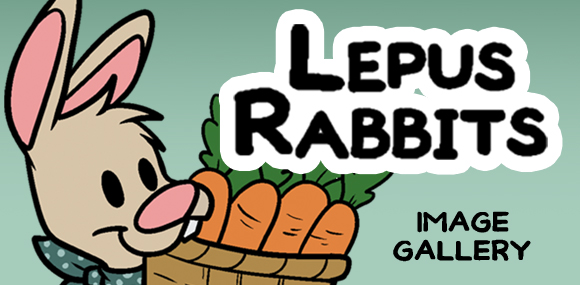By now, everyone’s had a chance to see the first movie trailer for the upcoming Jem and the Holograms movie. Apparently, the new story makes some rather drastic departures from the original series and fans seem unhappy about this. I’ve lost count of how many times I’ve read the phrase “My childhood’s been ruined.”
Friends, children of the 80’s, your childhood has not been ruined. Crummy remakes are not some time machine that go back into the past and mess with your stuff. Your experiences are unaltered. The classic cartoons themselves are not being changed and their cannon is not being added to. Nothing has been ruined.
Except, possibly, an opportunity.
It wasn’t until I saw the new movie trailer (and mentally compared it to the old cartoons) that I realized how many empowering lessons the original series taught to young girls – lessons that seem absent from the newest incarnation.
In the classic 80’s cartoon, young adult Jerrica Benton, her sister, and two foster sisters, were left with the difficult task of saving their late father’s music company (and the charity foster home it sponsors) from being taken over and destroyed by rival bands and unscrupulous music producers. Fortunately, their father left them something he hoped would aid them in their music careers: a super-advanced computer that creates holographic images like magic. Jerrica used her dad’s tech to create the persona of Jem so she could both perform on stage and act as manager. The girls banded together, not just to entertain crowds and make the music they love, but to save their father’s company and make a safe home for all the young girls in their care. Jem and the Holograms wasn’t only about fashion and music, it was a lesson in leadership, staying strong in the face of competition and adversity, and being generous with your time and talents. Jem/Jerrica was a role model to girls, not just as a rock icon, but as a hard-working business woman (break that glass ceiling, girl!), an early adopter in pioneer technology (isn’t encouraging girls to be more comfortable with tech that thing all schools and businesses are doing now?), and a parental figure to her Starlight Girls (you don’t have to choose between family and career). If you never noticed what a champion of feminism Jem was, that’s probably because the cartoon never hammered in the lesson that women were strong and capable. Instead, it was a much more effective teacher my simply showing Jem do strong and capable things.
On the other hand, the new movie trailer shows Jem/Jerrica as a sixteen year old girl. This younger version of the character might be a little more relatable to young audiences, but that also makes her more of a peer and less of a role model. By aging her down, the writers have stolen a lot of her power. At sixteen, she probably won’t be running the music company or raising orphaned children. Sure, it’s easy to understand why the concept of teenage Jem seemed more appealing. Stories about exciting or famous kids push the fantasy of a more glamorous life. Children in the audiences can watch the movie and think, “I like music. That could be me.” It’s nice to let kids daydream, but that can also make them to feel like they are missing out on a better life by being normal kids instead of a rock stars. Stories with adult role models don’t have that problem. Instead of showing the life of fame and glamour as something kids could be having right now, it shows that life as a future that kids can work for. Teenage Jem is a child’s fantasy. Adult Jem is a child’s potential.
Now, let’s look at the story. The new movie isn’t out yet, but, judging from the trailer, the plot seems to be about teenage Jerrica finding herself, gaining confidence, putting trust in her family, and not letting her music producers push her family apart. Of course these are good lessons, lessons we can all get behind. But they’re all personal lessons. Their success or failure doesn’t seem to have as big an impact on anyone outside of Jerrica and her circle of friends and relatives. She may be becoming a better person, but she’s not saving the music company, giving a home to orphans, or using her fame to promote other artists like cartoon Jem did. Having other people depend on the success of Jem raises the stakes. The band members aren’t just trying to make it big for the sake of their own music careers. Other people’s well-being hangs in the balance, which is why we always felt so much better when the good guys won.
Why did the screenplay writers throw out so many of Jem’s other, non-music achievements? They seem to think that rock star Jem was the only good part of the show and all her other projects, interests, and qualities were the vegetables you had to put up with to get to the dessert. The truth is that audiences don’t dislike the morals and values parts of stories. Those parts often give much-needed substance and heart to tales that would otherwise be empty and forgettable. We already have enough stories like that without converting our old favorites into more of the same.












